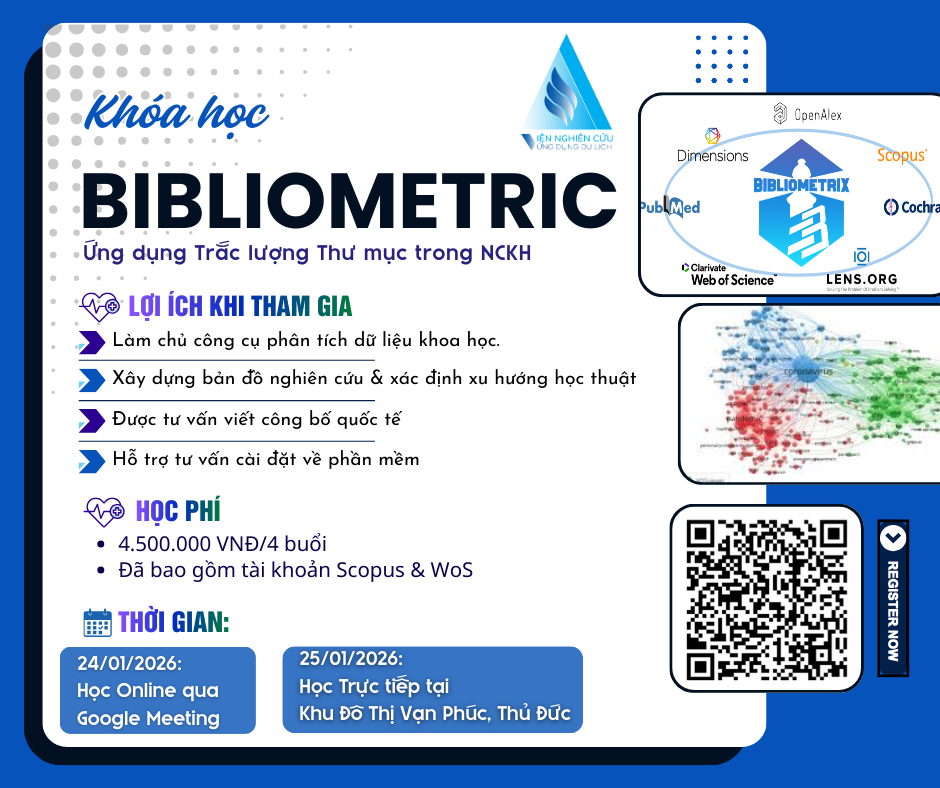This post is also available in:
Tiếng Việt (Vietnamese)
This article analyzes Hong Kong’s strategic efforts to position itself as a Muslim-friendly destination through the development of its Halal culinary sector. From the perspectives of sustainable tourism, destination governance, and cultural marketing, it examines current barriers, global Halal market demand, and the potential of tapping into a high-spending travel segment.
A case study on KFC’s Halal menu adaptation and recent policy responses from the Hong Kong government are presented to highlight the growth opportunities and roadmap for long-term competitiveness.
Halal Cuisine: A New Frontier in Destination Marketing
In an increasingly diverse global tourism landscape, culinary tourism transcends taste—it embodies identity, cultural values, and lifestyle choices. For the world’s 1.9 billion Muslims (nearly 25% of global population), Halal food is not merely a dietary preference but a core requirement influencing destination choice.
Valued at over USD 225 billion in 2022 and projected to surpass USD 300 billion by 2026 (CrescentRating), the Muslim travel market positions Halal cuisine as a central component of destination competitiveness.
Despite Hong Kong’s global culinary reputation, it has yet to capitalize on this potential. The lack of Halal-certified infrastructure and a non-transparent certification process hinder its appeal to this lucrative segment.
Structural Barriers: Limited Options, Low Transparency, and Trust Deficits
According to the Hong Kong Tourism Board (HKTB), only 106 out of over 13,000 licensed restaurants are Halal-certified—less than 1%. Alarmingly, some of these establishments still serve alcohol, contradicting Islamic dietary laws and diminishing trust among observant Muslim travelers.
The current certification is managed by the Islamic Community Fund of Hong Kong, a non-governmental entity, which raises concerns about standardization and international credibility. Many restaurants remain hesitant to pursue certification due to the absence of official recognition or streamlined support.
Additionally, Halal food offerings are narrowly concentrated in Indian, Middle Eastern, or fast-food cuisines. There is a notable absence of Halal options in Cantonese, Japanese, Korean, or Western fine dining—a significant experiential gap in a cosmopolitan city like Hong Kong.
Muslim Travelers and the Spectrum of Halal Compliance
The Halal market is not monolithic. While some Muslim travelers may tolerate non-certified venues as long as pork or alcohol is avoided, others adhere strictly to full Halal certification. The lack of transparency around cross-contamination risks and ingredient sourcing further erodes confidence.
Figures like Mariam Khan, who curates the Instagram account “Foodie Explorers HK”, have emerged as grassroots Halal guides, offering detailed information on kitchen segregation, alcohol use, and Halal assurance levels—demonstrating a clear demand for trust-building and transparent communication.
Market Analysis: Missed Revenue from Underserved Travelers
According to HKTB, visitors from six Middle Eastern countries accounted for only 0.05% of total arrivals in 2023. Even from key Muslim-majority markets like Malaysia and Indonesia, visitor shares remain modest at around 0.7% each—far below their potential.
The absence of high-quality Halal options not only deters budget travelers but also alienates premium segments. Affluent visitors from the UAE or Qatar often struggle to find Halal-certified steaks or upscale Western menus, limiting their engagement despite high spending capacity.
Policy Response: A Government-Backed Halal Certification System by 2025
In March 2024, the Hong Kong government announced plans to establish an official Halal certification scheme, operational by 2025. Key goals include:
-
Standardizing inspection and certification protocols.
-
Increasing the number of Halal restaurants by offering cost subsidies and technical support
-
Enhancing hygiene and reducing cross-contamination
-
Integrating Halal data into digital tourism platforms for better visitor access
However, the proposed system has sparked debate. Experts suggest Hong Kong should recognize internationally accepted certifications such as JAKIM (Malaysia) or MUIS (Singapore) instead of introducing an isolated system, which may lack global acceptance or compatibility.
KFC Hong Kong: A Case Study in Strategic Halal Investment
A compelling example is KFC Hong Kong, which introduced its first Halal menu in 2022. The move resulted in unexpectedly strong revenue growth, prompting the expansion to several more Halal-serving outlets.
This illustrates that Halal investment is not merely a cultural obligation—but a smart business strategy that opens up access to a high-value, underserved demographic.
Strategic Recommendations: How Hong Kong Can Become a “Halal Paradise”
To truly capture the hearts and wallets of Muslim travelers, Hong Kong should implement a multi-tiered strategy:
-
National Policy: Accept and integrate internationally recognized Halal standards; clearly regulate kitchen segregation, alcohol service, and cross-contamination protocols
-
Public–Private Collaboration: Provide grants, workshops, and incentives for restaurants to transition to Halal compliance
-
Halal Data Digitization: Include verified Halal listings in official apps, travel guides, and mapping platforms
-
Workforce Training: Educate hospitality professionals and tour guides on Halal principles and cultural etiquette
-
Culinary Diversification: Promote Halal-friendly adaptations of Cantonese, Korean, Japanese, and Western cuisines
Halal is Not Just Food—It’s a Vision for Inclusive, Sustainable Growth
Hong Kong now stands at a strategic inflection point: to build a credible, inclusive, and competitive Halal ecosystem that serves both the local Muslim population of over 300,000 and the vast international Muslim travel market.
If implemented with transparency, insight, and cooperation, Hong Kong’s Halal ecosystem could become a defining strength in its global tourism strategy—transforming Halal from a niche requirement into a destination-defining asset.











